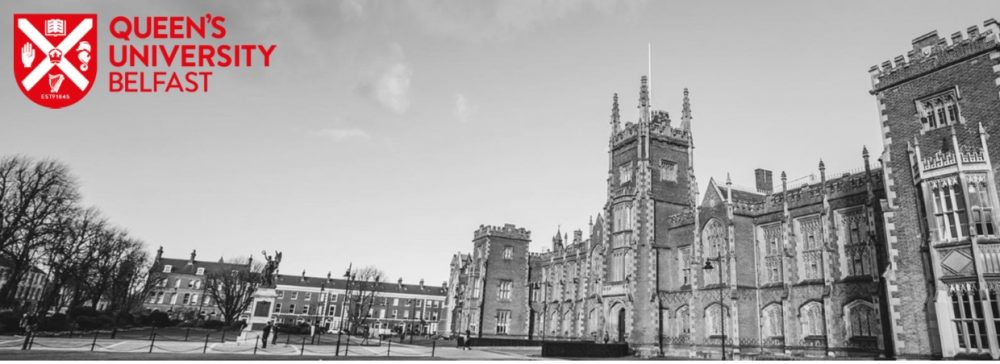Dr. George Bailey (University of York, UK) has research interests at the intersection between sociophonetics, phonological theory, and language variation and change. He uses a range of quantitative methods to conduct this research, including collecting, processing and analysing social media data in R. See http://www-users.york.ac.uk/~gb1055/.
Prof. Michael Beisswenger (Universitat Duisberg-Essen, Germany) is researching social media from a linguistic perspective and has been involved in several funded projects and networks on building, annotating and representing social media corpora in the field of Digital Humanities. He has a second focus on using social media in schools and higher education (digitally-enhanced learning with cooperative tools). He has published widely in this area (see https://www.uni-due.de/germanistik/beisswenger/publikationen.php). In his projects he has repeatedly been working on the interface of linguistics, computer science and language technology (see https://www.uni-due.de/germanistik/beisswenger/forschung.php).
Prof. Lutz Hagen (TU Dresden, Germany), Chair of Political and Economical Communication, conducts research in communications, especially production, reception and the impact of news coverage on economical issues; empirical research methods, especially computer assisted content analysis; media and economics; and online communication. https://tu-dresden.de/gsw/phil/ifk/das-institut/professuren/professur-ii
Dr. Ruth Page (University of Birmingham, UK) has research interests focused on narrative analysis, computer-mediated communication and language and gender. Her research includes both literary-critical and discourse analytic approaches to narrative, exploring storytelling examples found in literary, conversational, and most recently, social media contexts. She has published two recent monographs in this field (Narratives Online: Shared Stories and Social Media Controversies, Cambridge: CUP, 2018; Stories and Social Media: Identities and Interaction, London & NY: Routledge, 2012). She has also co-authored a textbook (Researching the Language of Social Media, with David Barton, Johann Unger and Michele Zappavigna, London and New York: Routledge, 2014) and co-edited a collection (New Narratives: Stories and Storytelling in the Digital Age, with Bronwen Thomas, Lincoln: University of Nebraska Press, 2011), as well as publishing numerous journal articles and book chapters in the field of language and digital media (see https://www.birmingham.ac.uk/staff/profiles/elal/page-ruth.aspx).
Dr. Piia Varis (Tilburg University, Netherlands) is an expert in digital ethnography. She has published widely in this area, including forthcoming chapters in the The Routledge Handbook of English Language and Digital Humanities (eds. Svenja Adolphs & Dawn Knight, Abingdon: Routledge) and The Routledge Handbook of Linguistic Ethnography (ed. Karin Tusting, Abingdon: Routledge). Also forthcoming is her monograph on Digital Culture and Ethnography. A Beginner’s Guide (New York: Routledge). Her work concerns the study of new social and cultural processes on the internet, focusing especially on processes of authenticity articulation and performance in social media and on the social-theoretical implications of new subjectivities in a globalized and super-diverse virtual environment. https://research.tilburguniversity.edu/en/persons/piia-varis
